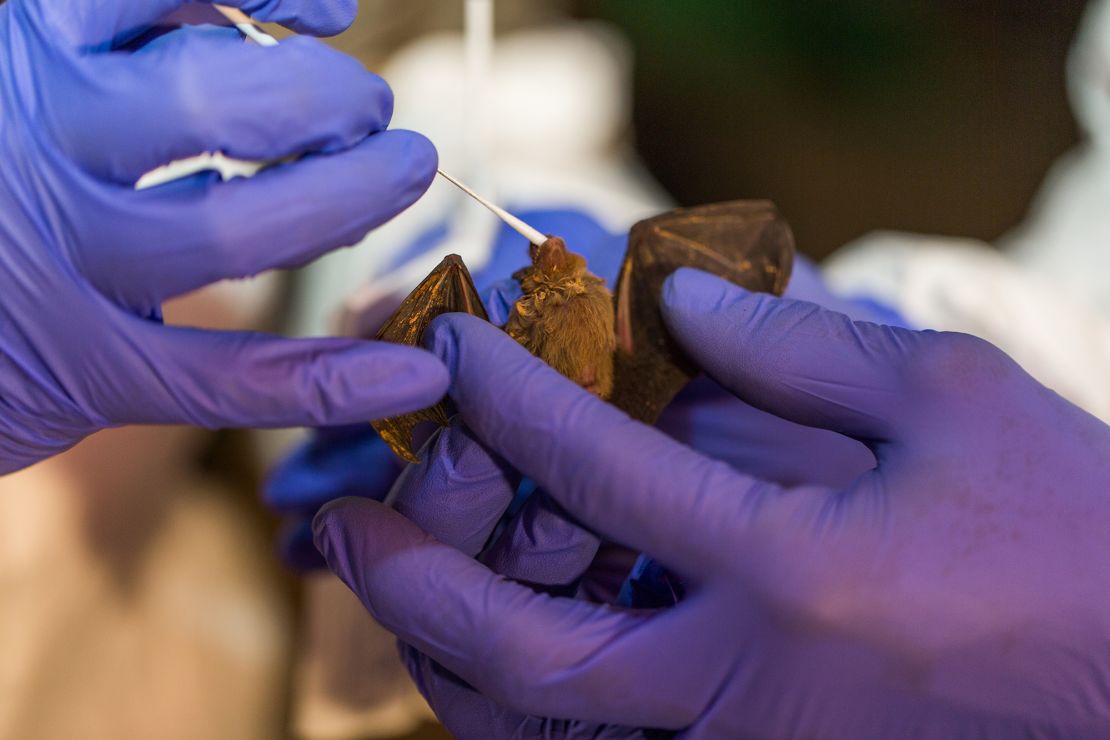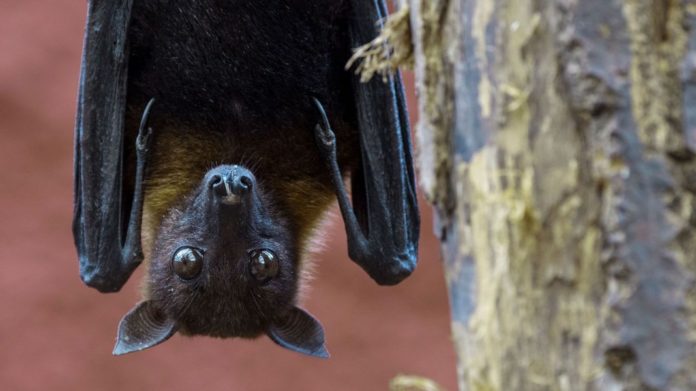In a recent twist to the ongoing global health saga, Dr. Peter Daszak of the controversial non-profit organization EcoHealth Alliance revealed the discovery of a potential bat virus in Thailand during a World Health Organization (WHO) meeting on January 14, 2024. The research group under Dr. Daszak’s leadership has been previously linked to experiments in Wuhan, adding an extra layer of intrigue to the findings.
High Exposure and Real Emergence Risk
The unidentified virus was unearthed in a cave in Thailand, where local farmers have been using bat feces as fertilizer for their fields. Dr. Daszak underscored the gravity of the situation, stating, “We found a lot of SARS-related coronaviruses, but one in particular we found was quite common in bats where people were commonly exposed.” He elaborated on the potential risk, emphasizing, “We consider this to be a potential zoonotic pathogen. Here we have a virus in bats, right now in a cave used by people highly exposed to bat feces. And this virus is shed in bat feces, so there is a real potential for emergence.”
:focal(52x364:53x365)/https://tf-cmsv2-smithsonianmag-media.s3.amazonaws.com/filer/0b/cf/0bcfb9df-cc12-4c11-b49e-d244c3d83c3c/global_health_program_staff_holding_a_wrinkle-lipped_bat_mg_1960.jpg)
It’s important to note that Dr. Daszak, a British-born scientist, has consistently dismissed the lab leak theory, maintaining that the coronavirus has natural origins. As the world grapples with a surge in coronavirus cases, with a 42% increase in hospitalizations across 50 countries, the emergence of a new potential zoonotic pathogen raises concerns about the ongoing battle against infectious diseases.
JN.1 Variant: A Growing Concern
This revelation comes against the backdrop of the JN.1 Covid variant, first identified in France in September, which now accounts for approximately 60% of new infections in early January. The World Health Organization has classified JN.1 as a “variant of interest,” recognizing its rapid spread while stating that it poses a “low” global public health risk.

Initially part of the BA.2.86 sub-lineages, the JN.1 sub-variant was previously categorized as a variant of interest (VOI). However, WHO has emphasized that the global public health risk posed by JN.1 remains low. With the ongoing evolution of viruses and the discovery of potential threats in unexpected places like Thai caves, the need for vigilant monitoring and international cooperation in addressing emerging infectious diseases becomes more crucial than ever.
Stay tuned to Brandsynario for more.



































